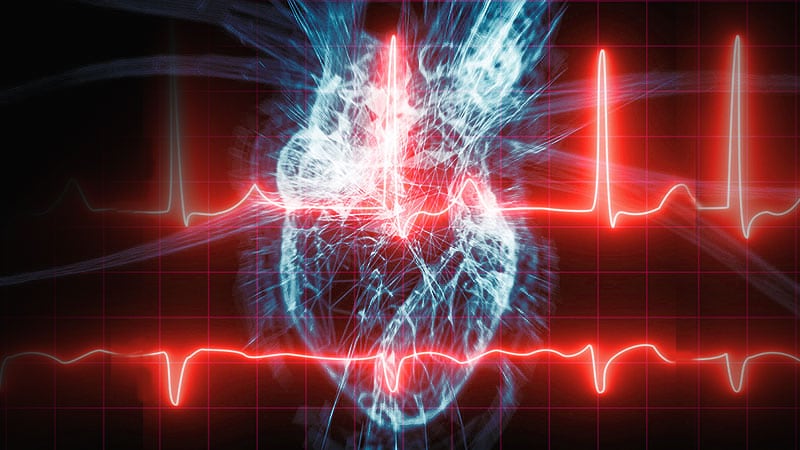At the Radical Health Festival Helsinki, Gerhard Hindricks discussed the future role of physicians in cardiovascular medicine, emphasizing the importance of embracing new technologies. AI in cardiology is seen as both an asset and a threat, with varying perspectives on its impact. While AI offers efficiency and automation benefits, concerns exist regarding human contact, bias, and ethical challenges. Medical supervision remains crucial in utilizing AI effectively, with the need for cardiologists to oversee its applications. The potential for AI to enhance efficiency, accuracy, and patient care is acknowledged, but the role of cardiologists is expected to evolve into that of supervisors rather than being replaced by AI.
要約をカスタマイズ
AI でリライト
引用を生成
原文を翻訳
他の言語に翻訳
マインドマップを作成
原文コンテンツから
原文を表示
www.medscape.com
Will AI Replace Cardiologists and Turn Them Into Managers?
抽出されたキーインサイト
by Ute Eppinger 場所 www.medscape.com 09-07-2023
https://www.medscape.com/viewarticle/996185
深掘り質問
